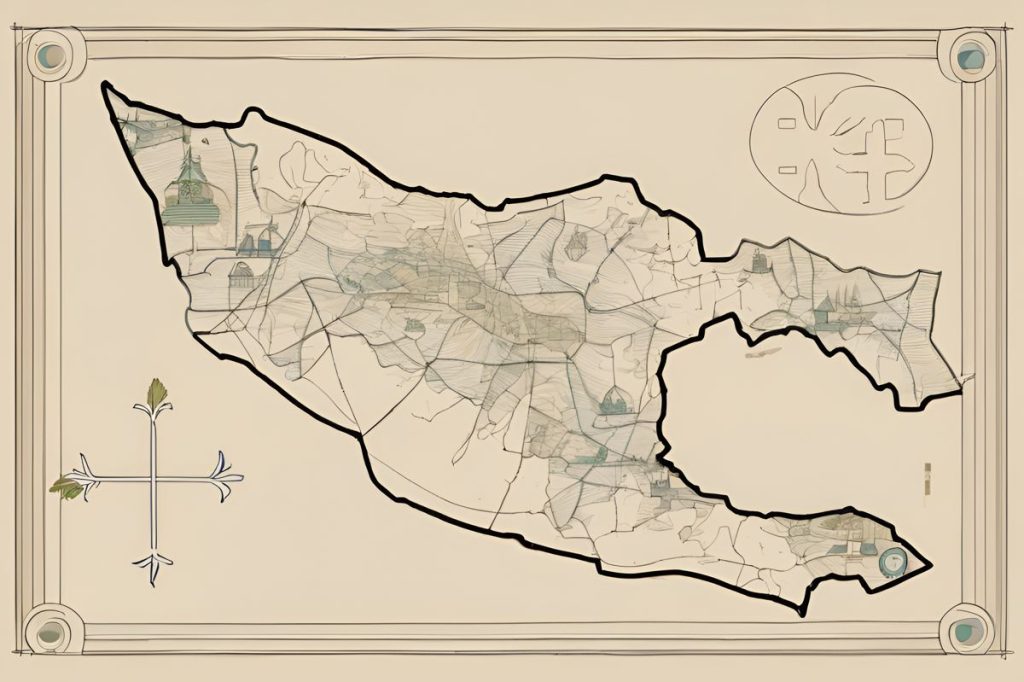In 2026, Cyprus will proudly host the European Council’s rotating presidency, engaging every district in a vibrant showcase of its culture and hospitality. With Deputy Minister for European Affairs, Marilena Raouna, leading the efforts, over 200 meetings will take place across the island, including significant events in the poignant district of Famagusta, aiming to unite the nation and promote its unique identity on the international stage.
What is Cyprus’ role in the European Council in 2026?
Cyprus is preparing to hold the European Council’s rotating presidency in the first half of 2026. The island is set to involve every district in the presidency’s activities, showcasing its culture, infrastructure, and hospitality. This includes hosting over 200 meetings and conferences, promoting unity, and enhancing its profile as a Mediterranean hub.
Cyprus’ National Involvement
Cyprus is gearing up for a significant role on the European stage, as it prepares to hold the European Council’s rotating presidency in the first half of 2026. Deputy Minister for European Affairs, Marilena Raouna, highlighted the government’s commitment to involve every district in this national event. This isn’t just an administrative move; it’s a unifying goal that seeks to embrace the whole island in the presidency’s activities.
Meetings with local officials, like Ayia Napa mayor Christos Zannettou, underscore the collaborative spirit of this initiative. Raouna, stressing the inclusive nature of the preparations, indicated that from the very outset, the plan was to engage every corner of Cyprus. The island’s presidency will undoubtedly be a time for Cyprus to shine on the international stage, promoting unity and showcasing the unique beauty and capabilities of each district.
Nationwide Benefits and Opportunities
Over 200 meetings and conferences are slated to occur within Cyprus during this six-month period. Raouna has pointed out the importance of capitalizing on the island’s diverse regions—from the picturesque coastal towns to the serene mountain landscapes, not forgetting Nicosia, the last divided capital in Europe. This rotation is more than a mere administrative duty; it’s a showcase of Cypriot culture, infrastructure, and hospitality.
The inclusion of all districts is strategic. By distributing events across the island, Cyprus can demonstrate its robust infrastructure and venue capabilities. Famagusta, for instance, boasts well-equipped hotels and conference rooms ready to welcome delegations. Moreover, incorporating activities during off-peak tourist seasons can serve to bolster the tourism sector and highlight Cyprus’s air and sea connectivity challenges.
Famagusta: A District of Distinct Significance
The district of Famagusta holds a particular poignancy in this event. Local leaders have emphasized the unique opportunity to highlight national issues, such as the Turkish occupation of parts of Famagusta. By directing some of the European Council’s spotlight onto the district, Cyprus can foster greater international understanding and support for its national concerns.
Besides its geopolitical significance, Famagusta also offers delegates a chance to experience local treasures. With landmarks like the Ayia Napa monastery and the natural beauty of Cape Greco, the district combines cultural heritage with natural allure. The marinas and pristine beaches offer rest and recreation, making the district an attractive destination for international visitors.
Enhancing Connectivity and Tourism
The presidency of the European Council presents Cyprus with a prime opportunity to address and promote important issues like tourism and transport connectivity. The authorities plan to prioritize the signing and adoption of declarations related to these fields during the presidency months. Such strategic focus could lead to enduring benefits for the island, enhancing its profile as a connected and accessible Mediterranean hub.
In preparation for 2026, continuous communication and coordination are key. Raouna’s discussions with local officials, like Zannettou, demonstrate a concerted effort to align goals, priorities, and approaches. With joint planning and a shared vision, Cyprus is setting the stage for a presidency that is not just about governance but also about celebrating the island’s unique identity and forging a stronger connection with the rest of Europe.
What will Cyprus’ role be during the European Council presidency in 2026?
Cyprus will host the European Council’s rotating presidency in the first half of 2026, actively involving every district in the presidency’s activities. This includes over 200 meetings and conferences designed to showcase the island’s culture, hospitality, and infrastructure, while promoting unity and enhancing Cyprus’s profile as a Mediterranean hub.
How will the presidency benefit the different districts of Cyprus?
The presidency is set to highlight the unique characteristics and capabilities of each district in Cyprus. By hosting events across the island, including significant activities in Famagusta, the initiative aims to enhance local economies and promote tourism. This widespread involvement will also demonstrate Cyprus’s robust infrastructure and venue capabilities, while fostering a sense of national pride and unity.
Why is the district of Famagusta significant for the European Council presidency?
Famagusta holds particular significance as it provides a platform to address national issues, such as the Turkish occupation of parts of the district. By focusing some of the presidency’s activities here, Cyprus can raise international awareness and understanding of its geopolitical concerns. Additionally, Famagusta’s cultural and natural attractions, like the Ayia Napa monastery and Cape Greco, make it an appealing destination for international delegates.
What are the expected outcomes of Cyprus hosting the European Council presidency in 2026?
Hosting the presidency is seen as an opportunity to enhance Cyprus’s connectivity and tourism sectors. Prioritizing issues like transport connectivity during the presidency could lead to strategic declarations that benefit the island long-term. Moreover, it aims to forge a stronger connection with Europe while celebrating Cyprus’s unique identity through collaborative efforts with local officials and stakeholders.

